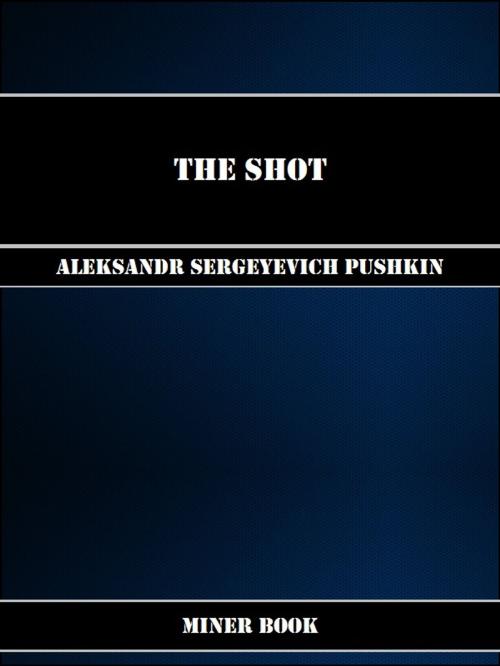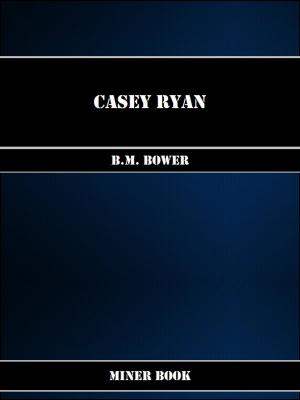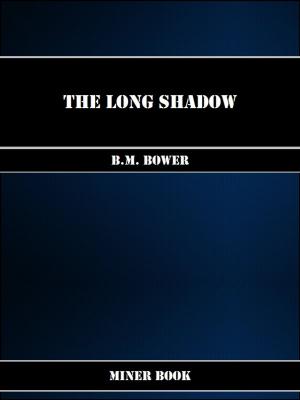| Author: | Aleksandr Sergeyevich Pushkin | ISBN: | 1230000205855 |
| Publisher: | Miner Book | Publication: | December 27, 2013 |
| Imprint: | Language: | English |
| Author: | Aleksandr Sergeyevich Pushkin |
| ISBN: | 1230000205855 |
| Publisher: | Miner Book |
| Publication: | December 27, 2013 |
| Imprint: | |
| Language: | English |
The Shot by Aleksandr Sergeyevich Pushkin
Alexander Sergeyevich Pushkin (June 6 [O.S. May 26] 1799 – February 10 [O.S. January 29] 1837) was a Russian Romantic author who is considered to be the greatest Russian poet and the founder of modern Russian literature. Pushkin pioneered the use of vernacular speech in his poems and plays, creating a style of storytelling—mixing drama, romance, and satire—associated with Russian literature ever since and greatly influencing later Russian writers. Born in Moscow, Pushkin published his first poem at the age of fourteen, and was widely recognized by the literary establishment by the time of his graduation from the Imperial Lyceum in Tsarskoe Selo. Pushkin gradually became committed to social reform and emerged as a spokesman for literary radicals; in the early 1820s he clashed with the government, which sent him into exile in southern Russia. While under the strict surveillance of government censors and unable to travel or publish at will, he wrote his most famous play, the drama Boris Godunov, but could not publish it until years later. His novel in verse, Eugene Onegin, was published serially from 1823–1831. Pushkin and his wife Natalya Goncharova, whom he married in 1831, later became regulars of court society. In 1837, while falling into greater and greater debt amidst rumors that his wife had started conducting a scandalous affair, Pushkin challenged her alleged lover, Georges d'Anth?s, to a duel. Pushkin was mortally wounded and died two days later. Because of his liberal political views and influence on generations of Russian rebels, Pushkin was portrayed by Bolsheviks as an opponent to bourgeois literature and culture and a predecessor of Soviet literature and poetry. They renamed Tsarskoe Selo after him.
The Shot by Aleksandr Sergeyevich Pushkin
Alexander Sergeyevich Pushkin (June 6 [O.S. May 26] 1799 – February 10 [O.S. January 29] 1837) was a Russian Romantic author who is considered to be the greatest Russian poet and the founder of modern Russian literature. Pushkin pioneered the use of vernacular speech in his poems and plays, creating a style of storytelling—mixing drama, romance, and satire—associated with Russian literature ever since and greatly influencing later Russian writers. Born in Moscow, Pushkin published his first poem at the age of fourteen, and was widely recognized by the literary establishment by the time of his graduation from the Imperial Lyceum in Tsarskoe Selo. Pushkin gradually became committed to social reform and emerged as a spokesman for literary radicals; in the early 1820s he clashed with the government, which sent him into exile in southern Russia. While under the strict surveillance of government censors and unable to travel or publish at will, he wrote his most famous play, the drama Boris Godunov, but could not publish it until years later. His novel in verse, Eugene Onegin, was published serially from 1823–1831. Pushkin and his wife Natalya Goncharova, whom he married in 1831, later became regulars of court society. In 1837, while falling into greater and greater debt amidst rumors that his wife had started conducting a scandalous affair, Pushkin challenged her alleged lover, Georges d'Anth?s, to a duel. Pushkin was mortally wounded and died two days later. Because of his liberal political views and influence on generations of Russian rebels, Pushkin was portrayed by Bolsheviks as an opponent to bourgeois literature and culture and a predecessor of Soviet literature and poetry. They renamed Tsarskoe Selo after him.















